Molecular Biomethods Handbook 2nd Edition by John M. Walker EPUB PDF EBOOK
Recent advances in the biosciences have led to a range of powerful new technologies, particularly nucleic acid, protein and cell-based methodologies. The most recent insights have come to affect how scientists investigate and define cellular processes at the molecular level. This book expands upon the techniques included in the first edition, providing theory, outlines of practical procedures, and applications for a range of techniques. Written by a well-established panel of research scientists, the book provides an up-to-date collection of methods used regularly in the authors’ own research programs.
If you want to know the theoretical basis of how a technique works, how it might be applied, or what techniques are available to allow you to ask a particular question, then this book could prove very useful. … this book will be of interest to young (and not so young) scientists who want to better understand the techniques they use, or may wish to use, and would be a useful addition to a library or PhD room.” (Bob Dalziel, Microbiology Today, February, 2009)
“The book is a second edition and this includes several new sections which deal with new areas e.g. microarray technology and nanotechnology … . These deal with the physical concepts behind the techniques in an accessible way and will be useful to a large number of researchers. … In summary, I found the book to be generally comprehensive, clearly written and logically organised. … it would be a useful addition to any molecular biology laboratory bookshelf.” (Nicola J Stonehouse, British Toxicology Society Newsletter, June-August, 2009)
“Written by experts in their fields, the book gives a wide scope of molecular biology experimentation really living out only the most specialized uncommon techniques while at the same time giving reference to each chapter and sharing full information with readers. This handbook is suitable for research scientists, technicians, and graduate research students in molecular and cell biology, proteomics, and related branches of science.

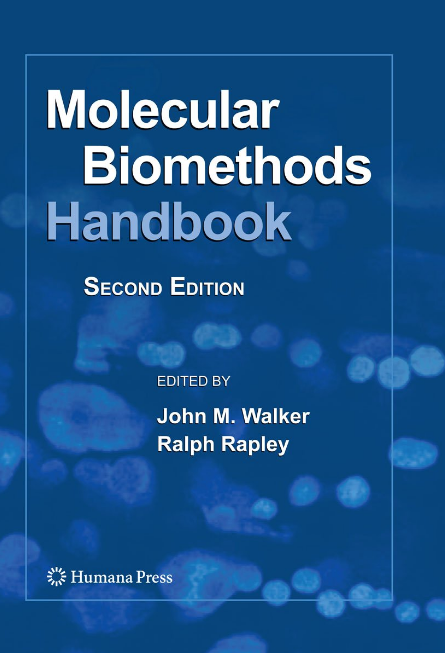
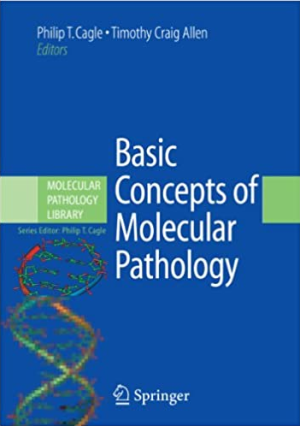
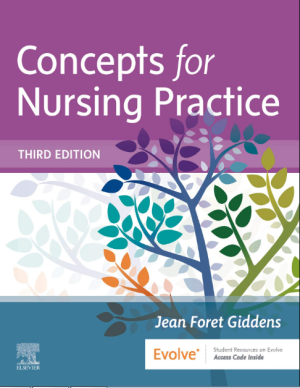
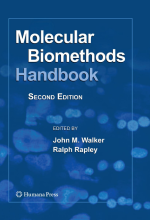

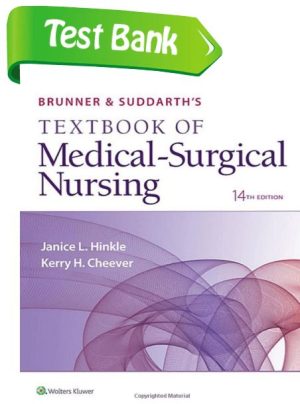


Reviews
There are no reviews yet.